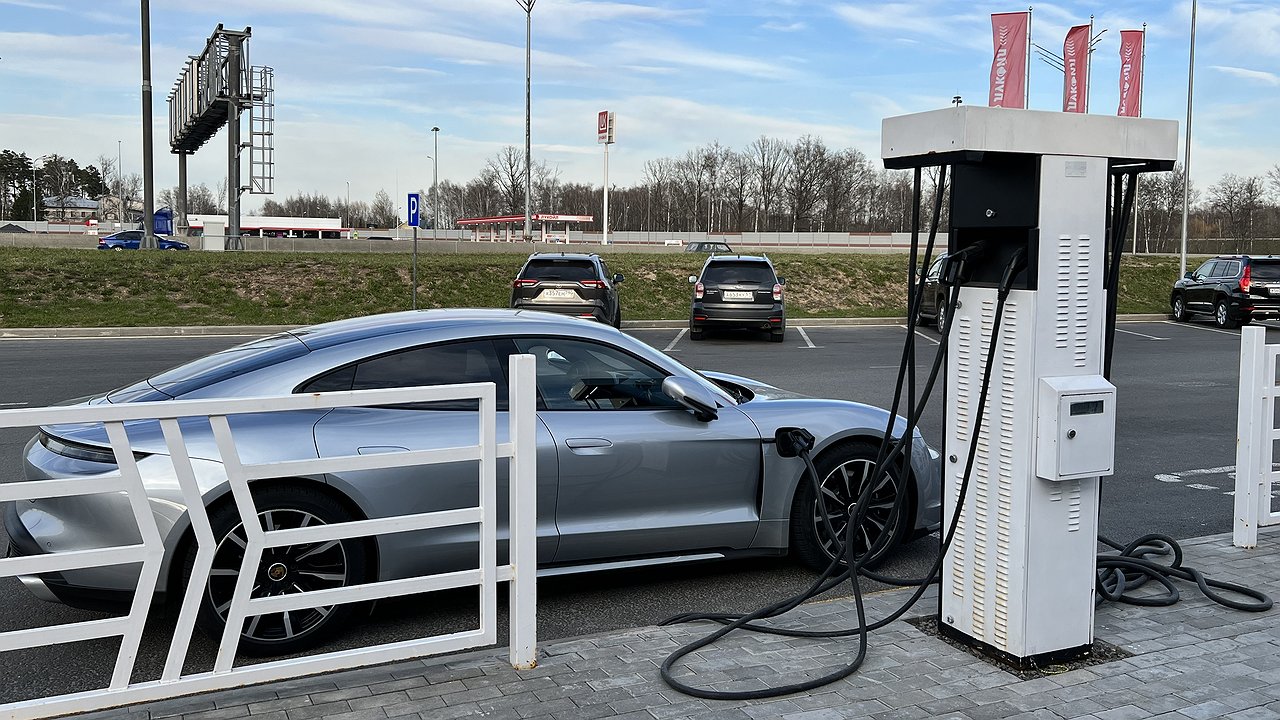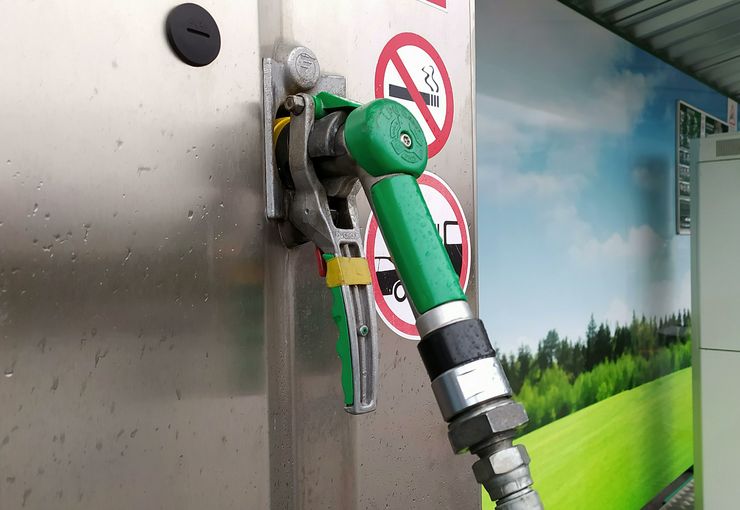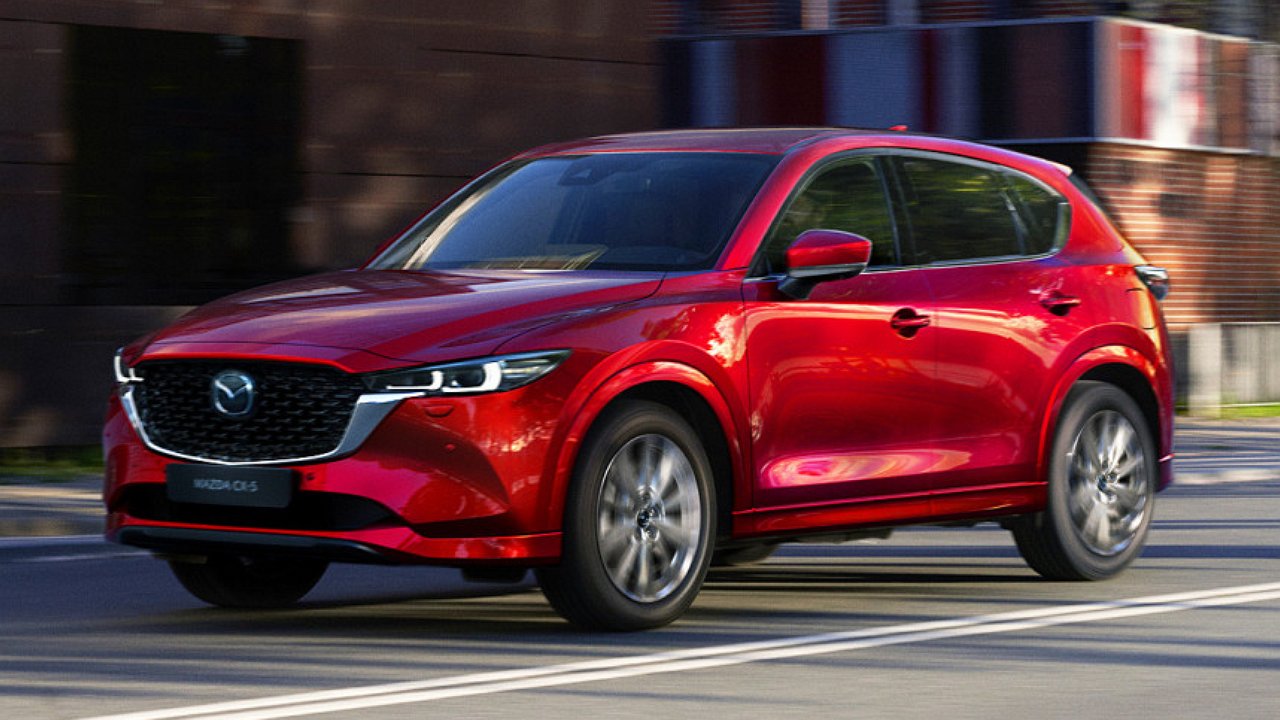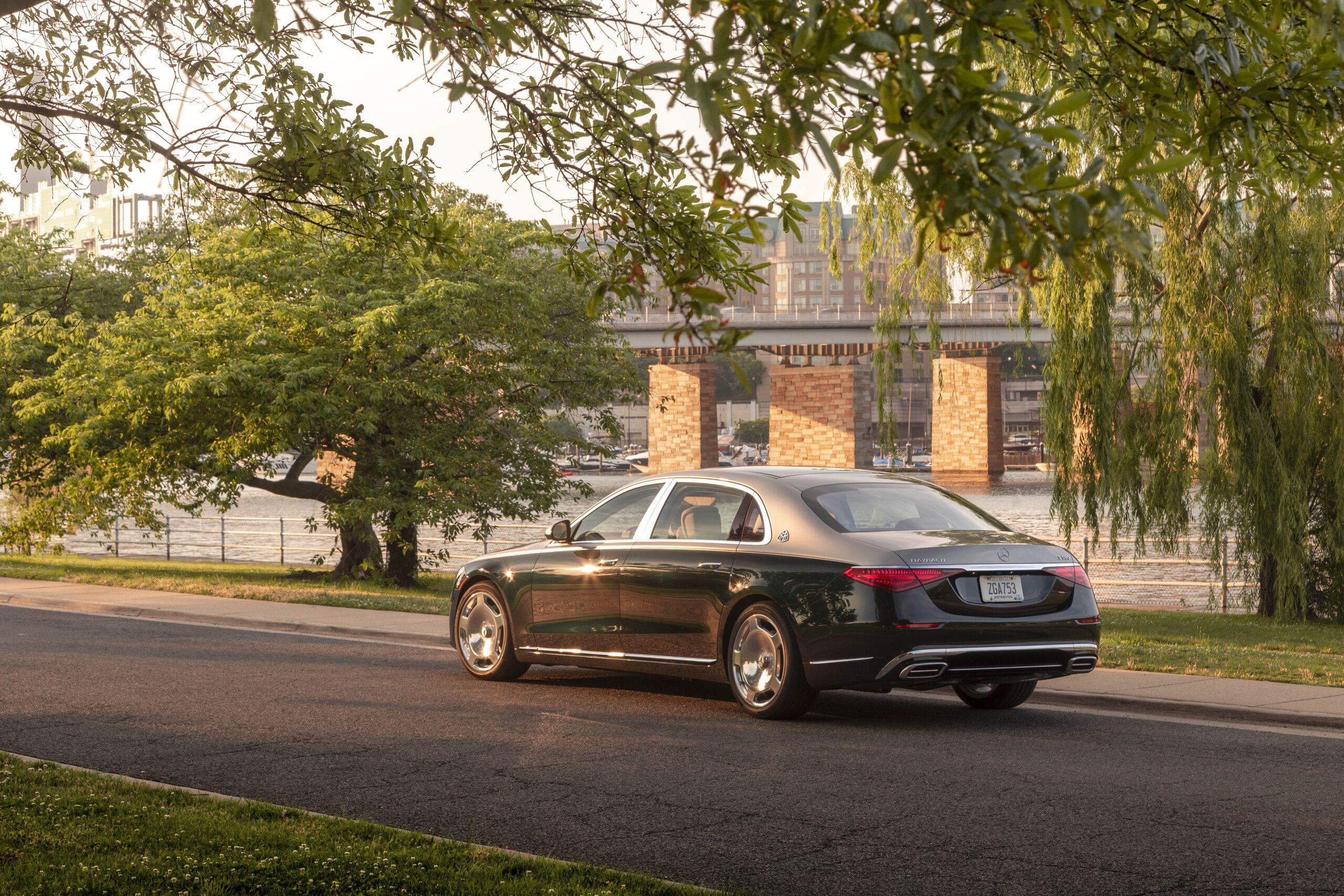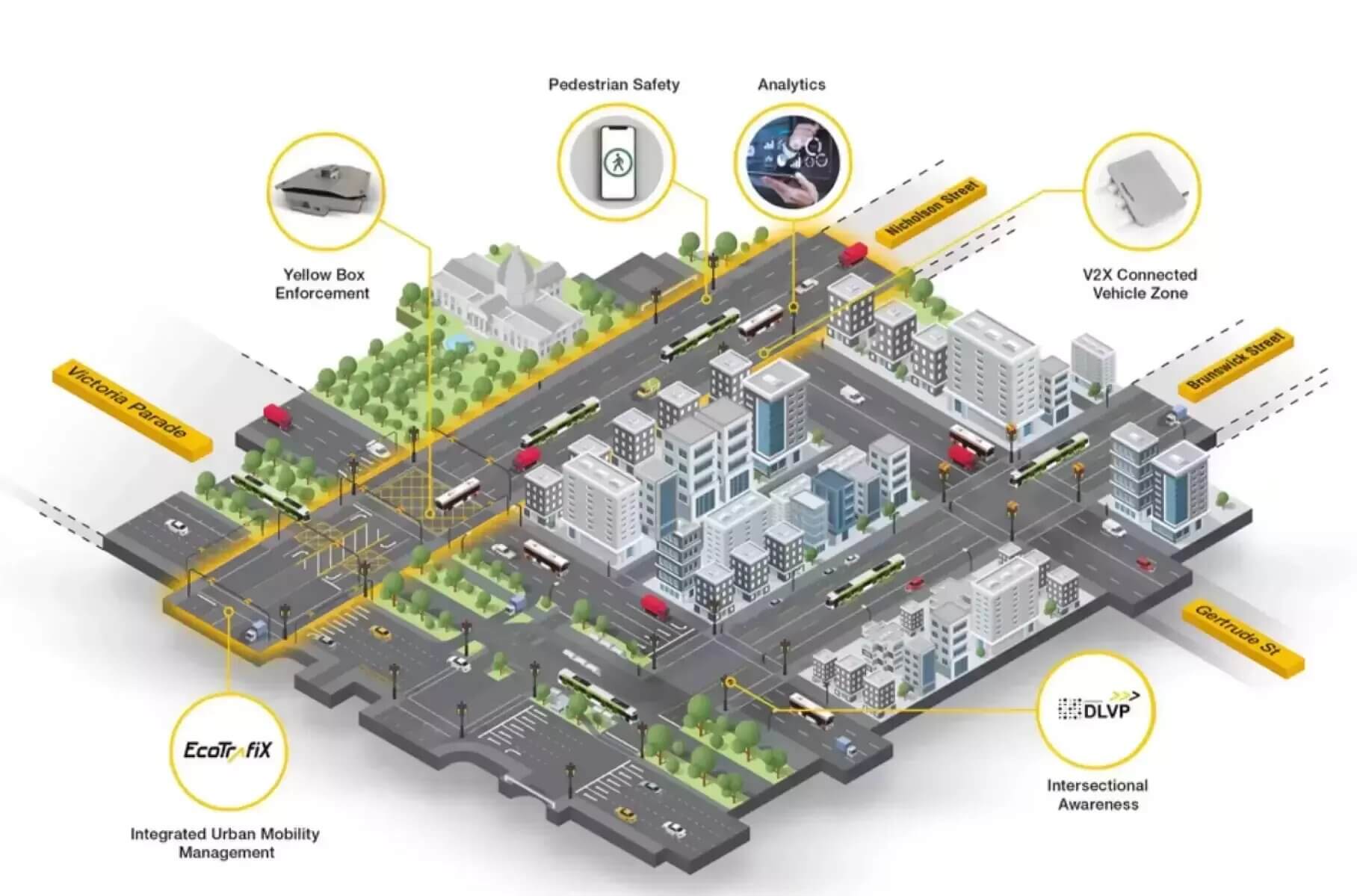Who is to thank for these two percentage points? Firstly, fanatical nature conservation, poorly versed in the physics and chemistry of the production process and the operation of the machine. Second, the poor fellows, frightened by marketers, who aren’t jokingly worried that paying for environmental pollution will soon hit their pockets harder than buying an expensive electric car. Third, people who just like this or that non-traditional brand. And fourth, the majors looking for an excuse to show off their wealth.
Both buyers and producers suffer
All of these motives are either blatantly frivolous and embedded in the brain through amplified eco-propaganda, or too personal, limited to narrow social groups. It turns out that the real considerations that prompted a person to change a car from an internal combustion engine to an electric car are not yet visible. On the contrary, the entire economy revolts against such a choice.
According to JATO, the average sales price of electric cars in Europe from 2015 to 2022, despite the efforts of scientists, engineers and politicians, did not decrease, but increased from 48,942 to 55,821 euros. Benefits provided by the states make up less than a third of the price difference from gasoline cars. Even the lower cost of owning electric trains doesn’t make up for the actual overpayment: it will take at least 10 years to fully cover it and try to turn a profit.







